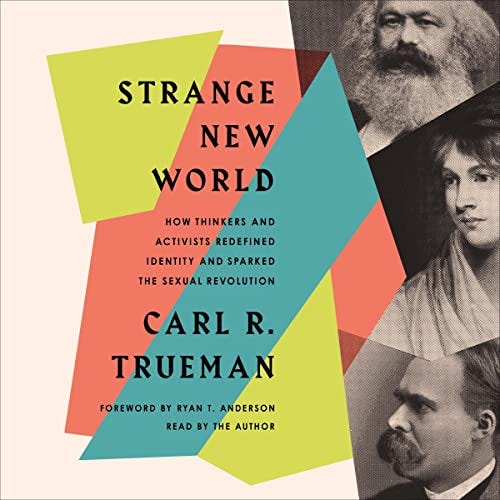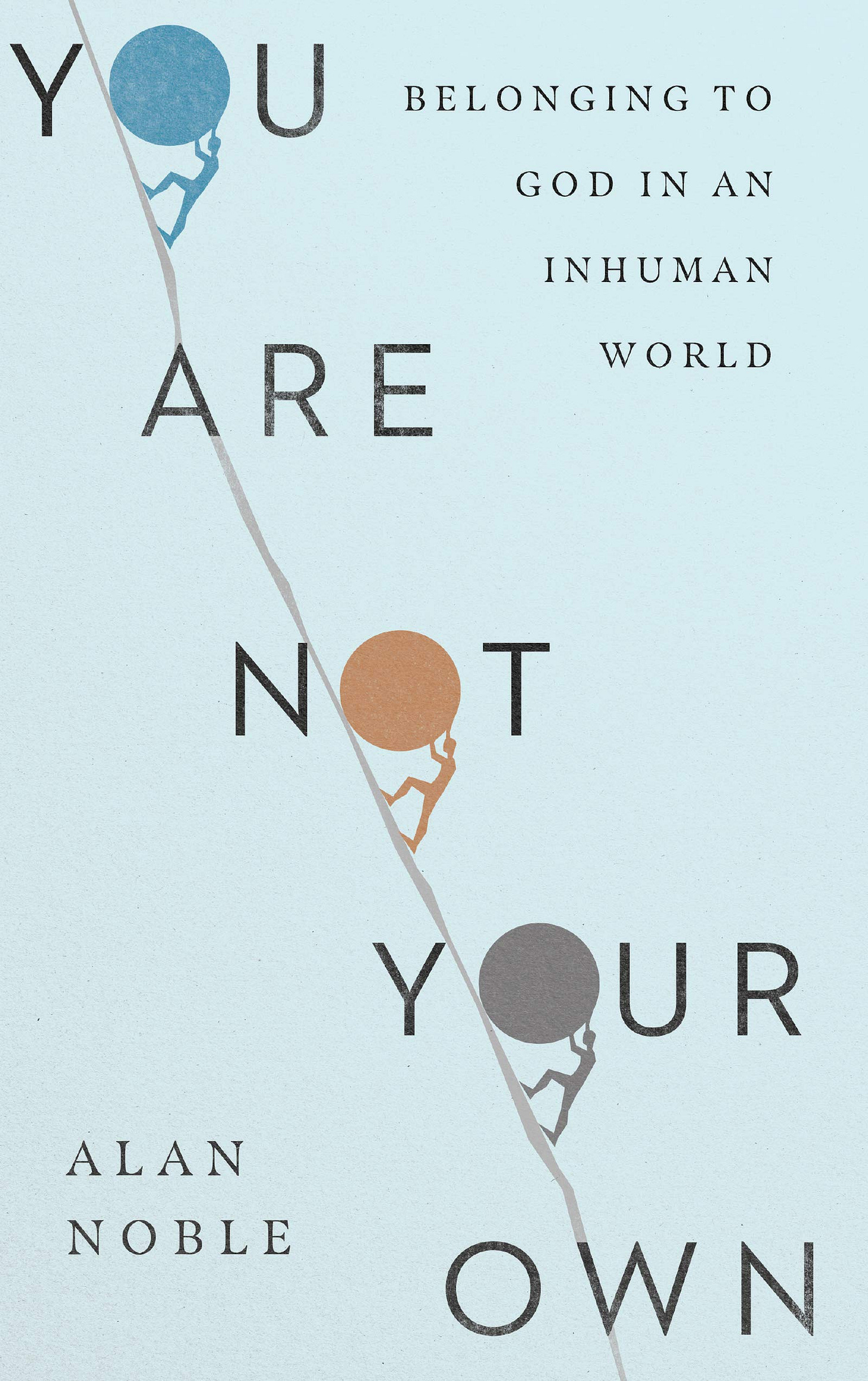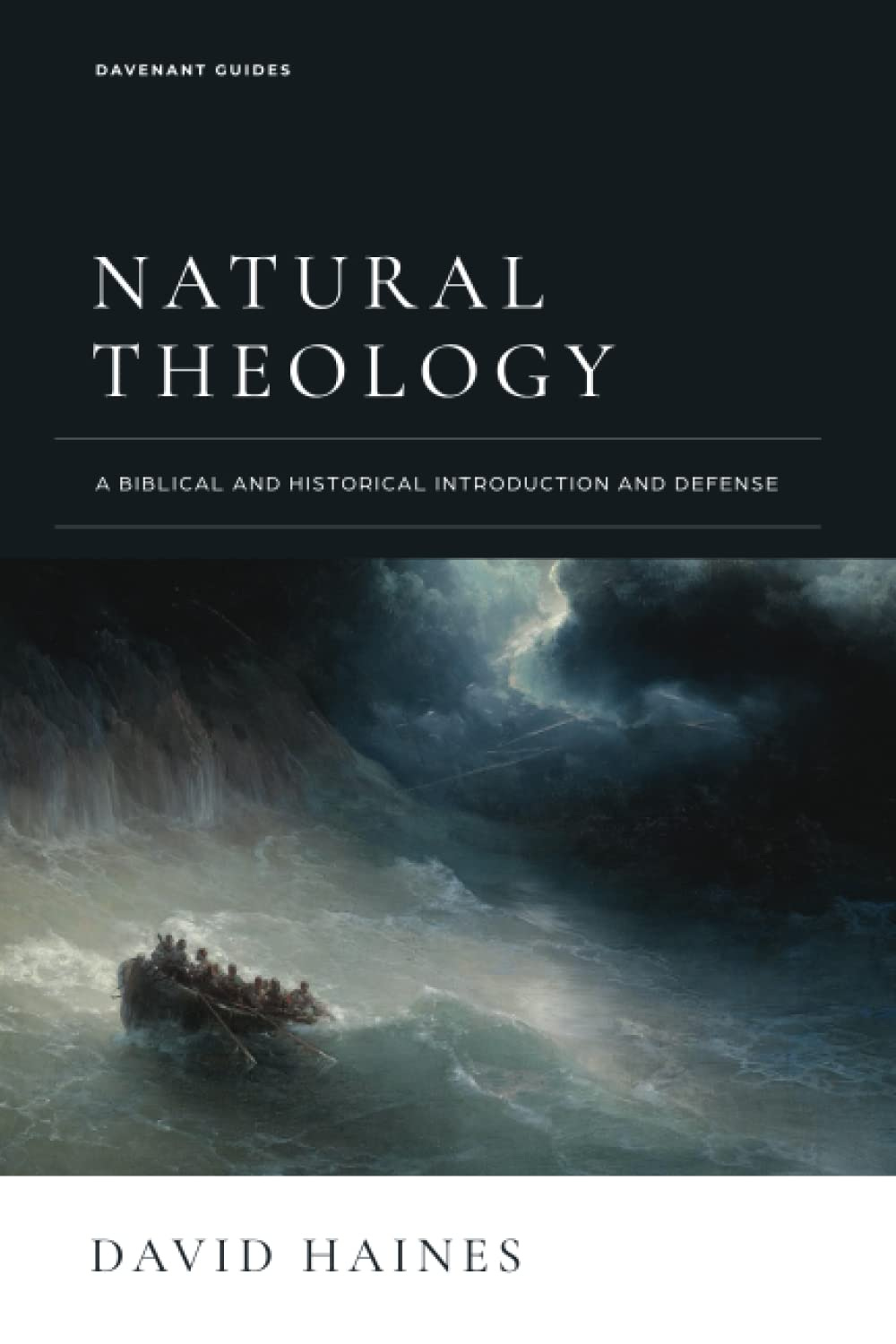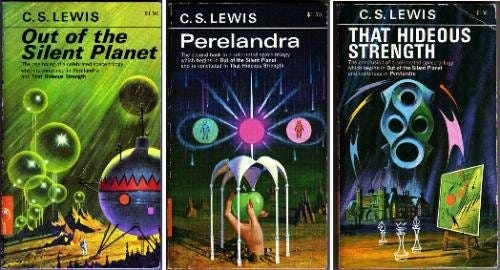My Year of Reading - 2022
Top Book Reviews, Collated
I’m a slow reader and I’m not just saying that. When my wife and I read something together (e.g. a Christmas letter) she’ll finish the page while I’ll still have paragraphs left. It’s embarrassing, really.
But I still love reading. It’s even more enjoyable when I read with others. The comradery helps me read more intently and continue to the end when I feel I’ve been stuck in a book rut.
You can’t always do this in person (at least I can’t). But this year, I’ve found a lot of joy in connecting with various online “book clubs,” like joining the Mere Orthodoxy Discord group, starting my own book-focused Discord group, starting a podcast with a friend, writing book reviews, listening to podcasts that unpack the books I’m reading, calling other guys to discuss a book, and even being on Twitter and following authors there.
The list below is my top ten books of 2022, not yours. These books were new to me. Plenty of books might be better, not to mention the Bible itself. And not all of these books came out in 2022, they’re just ones I read this past year.
Category A: Historical & Cultural Analysis Critiquing The Idol of Autonomy
1. What Are Christians For? by Jake Meador
Why did I love it?
I picked up Jake Meador’s last book, In Search of the Common Good, through a recommendation from Tim Keller. His focus on the common good, not just personal aspects of salvation and living, struck me as an underappreciated aspect of Christian theology. He continues this idea of shared burdens in his latest book (released in 2022). This new book acts as an apologetic tool that corrects the lack of rootedness of progressive Christianity by showing the consistency of how an orthodox Christian ethic critiques everything from white supremacy to progressive sexual ethics. There’s a real beauty in the ethics Christianity offers, and books like this reinvigorate us to see it. Read my full review here.
Should you read it?
I think so. Especially if you’re in North America and trying to make sense of how a Christian who holds to orthodox beliefs might interact with the social issues of our day. One weakness is that this book doesn’t have as much Scripture as others.
2. Strange New World by Carl Trueman
Why did I love it?
Whereas Meador (above) focuses on various social issues, their history, and Christian responses, Strange New World is more narrowly focused on the rise of modern gender and sexual ethics. It’s a simplified history that has helped me understand how the idea of, “I’m a woman trapped in a man’s body,” had a history from Freud, Foucault, and others; it didn’t just arise out of nowhere. Trueman incisely shows the inconsistencies of the New Left (or “woke” left), and how the LGBTQ+ movement coalesced despite its inherent internal conflicts.
Should you read it?
Likely, yes. It’s good to get a sense of the moment we’re in from a broader historical lens. Importantly, it prompts Christians to question how they are complicit in the same type of expressive individualism that the New Left has. (Again though, not a ton of Scripture, just historical/cultural commentary. But it’s helpful to realize that even this Substack post is engaging in “virtue signaling.”)
The book has discussion questions at the end of each chapter. I went through it with two close friends a couple of chapters at a time, mostly over the phone. The discussion was lively!
3. You Are Not Your Own by Alan Noble
Why did I love it?
Do you know why we are so sad, anxious, and lonely? This book gives an answer. Whereas Trueman (above) offers an intellectual history and focuses on gender identity, Alan Noble outlines the practical implications of valuing autonomy above all else in our day-to-day life. Taylor Swift basically endorsed the book when she said at NYU’s graduation:
I know it can be really overwhelming figuring out who to be, and when, who you are now and how to act in order to get where you want to go. I have some good news: it’s totally up to you. I also have some terrifying news: it’s totally up to you.
Alan Noble unpacks why this modern view of selves, it’s totally up to you - you are your own, is so terrifying and why belonging to Christ is so liberating.
Should you read it?
Yes. Please, yes. You will identify with the frustrations that come with “belonging to yourself,” and come to terms with your allegiance to technique as the solution to every problem.
My wife got sick of me quoting it. It’s just really good.
(His book Disruptive Witness is probably the most important book on evangelism in the last decade. He’s got a great Substack too. Read more Alan Noble).
Category B: Technology & Theology
4. The Life We’re Looking For by Andy Crouch
Why did I love it?
This book hits different. I must have shared the main concept from the first chapter a dozen times: recognition is the first human quest. Lots to chew on.
And you’ve heard the Bible verse about how we love God, right? Well, have you considered how the Creator’s greatest commandments reflect his design intentions? In other words, have you considered how every human being is a heart-soul-mind-strength complex designed for love? This is a good book to read and digest slowly. I discussed it on a podcast with Joel, and how you can use Crouch’s concepts to think about the Metaverse.
Should you read it?
Totally. This book acts as a contemplative exercise in understanding our humanity and persons in the midst of specialty and personalization. It’s really good. Read this moving summary and review from Brad East if you’re not yet convinced.
5. God, Technology, and the Christian Life by Tony Reinke
Why did I love it?
Out of the 4 or 5 Christian Tech books that I read last year, this was the most helpful because it was the most Biblical. I started the podcast What Would Jesus Tech as an amateur, and I remain as such! But having models like Tony Reinke has been a real blessing.
Should you read it?
For sure. The Bible says a lot about technology. You are probably underestimating that. While Reinke’s book can feel more like a textbook at times, it really helps position technology as a good thing that God wants us to build under His sovereign rule.
Category C: Theology & Christian Living
6. Augustine's Confessions
Why did I love it?
This is perhaps the most biblical and God-glorifying book I’ve ever read outside of Scripture itself. Perhaps I’m biased because of how old this book is (400 A.D.).
You can hardly make it a page or two without an illusion of a Psalm or a quote from Jesus or Paul. There’s no other book like it. It’s part autobiography, part Psalm/prayer, and part philosophical reflection. I was significantly aided by two Canadians, Dr. Wyatt Graham and Dr. Ian Clary, as their podcast Into Theology went through each of the chapters and they also interviewed a number of experts as well.
Should you read it?
Yes, more so than any other book on this list. It’s a classic for a reason. Take it as an example of how to pray, how to reflect on your own life, and as an opportunity to glorify God for his beautiful, immutable (unchanging) character.
7. You’re Only Human by Kelly M. Kapic
Why did I love it?
There have been various attempts at a modern anthropology. What does it mean to be human? This book is a celebration not of our intelligence, biological complexity, or creative brilliance, but rather our finitude.
I recommended this book to a friend and he said it sounded like it was just going to be one main point repeated again and again. Sure, we have limits. Don’t overdo it. I get the point, he thought. But you really need to go through each page to get the nuance of how our finitude defines humility more than sin does, how being present and God’s presence relates to anxiety, why you don’t need to feel guilty when your pastor asks for volunteers in the nursery, why we might want to practice the holy kiss more often, and what Brene Brown actually gets right about empathy.
Should you read it?
Yes. It will be good for your soul. Especially if you’re someone who likes to accomplish things, or if you struggle with anxiety, or if you sometimes have self-doubt that gets in the way of your day-to-day, read this book.
8. Conscience by Naselli & Crowley
Why did I love it?
Christians disagree with each other a lot. That’s okay. The problem is when we don’t know what kind of disagreement we’re having. Some pastors have called other churches “apostate” for having a different approach to COVID restrictions, and I wished they had read this book first. We need to better love those who differ. Conscience is one of those books that is short enough to lend to a friend, but good enough that you wish you had more than one copy since you end up referencing it so much.
Should you read it?
Absolutely. This will help you as a parent, pastor, or general people-lover. It’s essential to know how to deal with matters that aren’t essential; this book will help you do that.
9. Natural Theology by David Haines
Why did I love it?
I’ve always realized that Romans 1 was important, especially the part about God’s invisible attributes being clearly visible, but I never really took in all that might come with learning theology through sources that aren’t Scripture. I can tell some of you are skeptical, shouldn’t we only use the Bible to produce our theology? Well, we should also learn from the sparrow (Matt. 6:26), and the ant (Prov. 6:6), and consider those invisible attributes too. After all, that is biblical.
Should you read it?
For sure. Please don’t get scared off by this book kinda feeling like a textbook. There is no audiobook I listened to faster than this one - it is well-reasoned, succinct, and perfectly structured. By reading it you’ll be more confident about the lessons we can learn (as well as the limits) of natural theology.
Category D: Fiction
10. Ransom Triology by C.S. Lewis
Why did I love it?
I don’t always enjoy fiction. But it’s different with C. S. Lewis. Out of the Silent Planet was just great action to get started. Then Perelandra’s world-building filled my imagination and helped me stay hopeful in the midst of a difficult time. And finally, That Hideous Strength gives a beautiful array of what a complementarity in marriage looks like, what the technophilic world could become (think 1984 or Brave New World), what courage looks like in the midst of challenge, and more. It’s a gripping series of books.
Should you read it?
Yes. But I think you may benefit from reading other Lewis first. Get started with Mere Christianity and maybe The Lion, The Witch, and The Wardrobe. Once you have Lewis’ love of nature (as one of God’s ways of speaking to us, see Natural Theology above!) you’ll better enjoy this book as thoroughly theological yet narratively engaging.
One Last Thing - Write Book Reviews
I don’t think I’ll ever be a popular Christian author. I’ll work at improving, yes, but I really don’t deserve any book deals.
That’s because there are so many other deserving Christian authors. And we make a great mistake when we do not recommend good Christian books to other people.
What authors say over and over is that one of the best ways you can thank them for a good book is by writing a positive review on Amazon and other sites.
That is really what I am doing here. Each of these individual reviews will be copied and pasted across the internet as 5-star reviews so that I can encourage more people to read such good books.















Great article, would love to connect with other men who are endeavoring to read as well. It can be a lonely place, as many men I know don't read much or care for it.